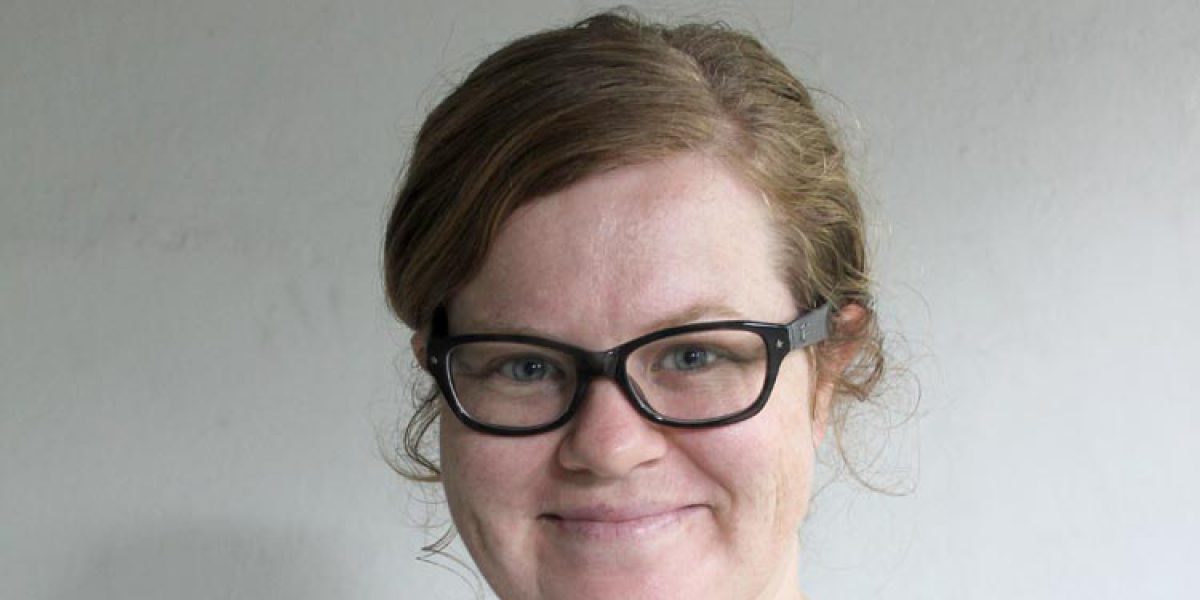Cambodia: International law, brought to the doorstep of Phnom Penh
25 September 2011|Nikola Errington

Phnom Penh, 25 September 2011 – Whenever someone asks me what I do in Cambodia, my response is usually followed by quizzical looks, “There are refugees who come to Cambodia?” It is not surprising given Cambodia’s history of political strife that has resulted in its own nationals seeking asylum abroad, that there would be some dismay that Cambodia also acts as a receiving country to those that make their way here.
After working with refugees in Cambodia for six months and having these kinds of conversations regularly I was prompted to begin an awareness-raising exercise. I thought that might be a good way to communicate the reality of the situation for refugees world-wide, and also highlight the specific challenges that face refugees here in Cambodia.
I contacted the Royal University of Law and Economics (RULE) here in Phnom Penh, to see if some of their students might be interested in a lecture on the topic of refugees. My enquiry was met with overwhelming enthusiasm, and I was invited to speak to a class of undergraduate law students who were taking a class called “Free Speech”. These students had studied International Law, and Human Rights already, so had some grounding in the concepts relating to refugees and their rights under legal instruments.
Future advocates
Throughout the talk, we discussed the 1951 Refugee Convention, the definition of a refugee, what cases of refugees people already knew of — Cambodians, Vietnamese boat people, Syria, Libya, Somalia — how the global political landscape affects forced migration, and the obligations that the Royal Cambodian Government has as a signatory to the Convention.
“I feel that, even though Cambodia is not a rich country, we need to share what we have with legitimate refugees,” said one student. “We can’t leave them alone. However, I really wish for less war so there are fewer refugees in the world. I heard about the Syrian, Somalian, and Libyan refugees on the news and I feel very sorry for them.”
The majority of urban refugees presently in Cambodia are Vietnamese, and Pakistani and are political dissidents. There are also Burmese, Somali, Sudanese and Algerian refugees who were political dissidents or persecuted on account of their religious beliefs.
Although I was not exactly sure how in-tune to current refugee issues the students would be, I was impressed by the level of questions that were raised for discussion. They ranged from the crisis in Syria, to the proposed Australia-Malaysia deal. Given that the class has a focus on free speech issues, we spent some time discussing “political opinion,” and the importance of protecting such a right for a free society.
“Before the talk, I simply thought that refugees were bad people who would just try to benefit from a foreign country and they do nothing to help themselves. However, after the talk, I realized that refugees are the most vulnerable group who need special protection and who should be treated in a special manner,” another student said.
I was so happy to be able to speak to these young, motivated, and smart future leaders of Cambodia. Special thanks to RULE and Professor Nick Rhine, who allowed me the time in his class.
I left the lecture feeling hopeful that if any of these students met a refugee on the street one day, they would extend them a friendly hand. Like many things in the rapid development of Cambodia, it is the young people of this country that are shaping the way forward.
Nikola Errington, JRS Cambodia legal officer

